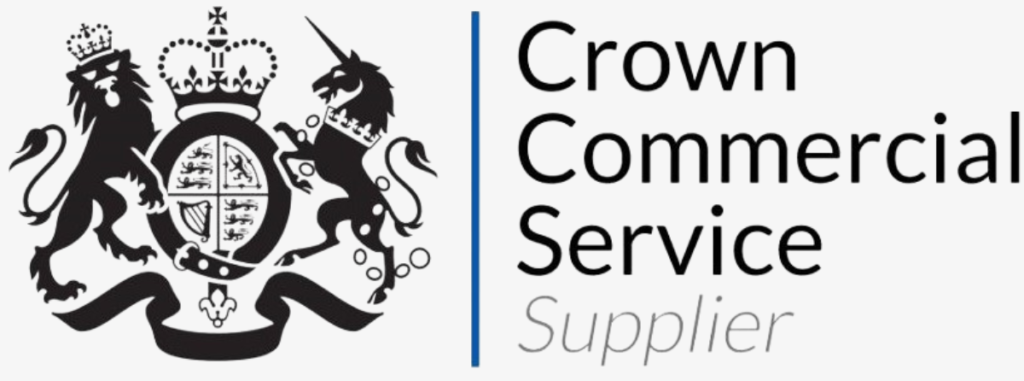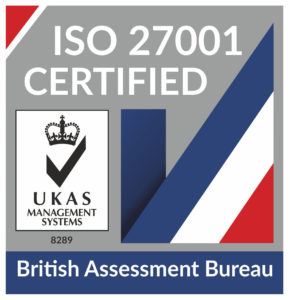
Think of an example of poor customer service you have received recently. You may have shared the experience with a friend or colleague as a warning or funny story, who may have passed this on to another in turn. This “Chinese Whispers” effect is dangerous, as word-of-mouth marketing remains a cornerstone of lead generation for many organisations. Fostering strong customer service skills and cultivating a Service Desk with a smile in every client-facing area of your business, including your Service Desk, is therefore imperative to combat this. But this raises further questions; why is it so important to foster great customer service skills in Service Desk teams specifically? What are the key common pain points for clients when dealing with these teams and how can you resolve these as a business?
Aside from the fact that it’s a basic requirement of any customer facing role to work with professionalism and good manners, strong customer service skills go far beyond this. These skills include being a clear communicator, adaptable in nature and empathetic to the problem your customer is facing. These skills are crucial in a Service Desk team for a variety of reasons:
- It is easy to forget that whilst your Service Desk technicians are solving customer’s problems, they are in fact building the relationship you have with that customer (for better or worse). They are also likely to be the team within your business that have the most day-to-day contact with your clients. This means that negative interactions can lead to problems down the line with customer retention and even online reviews that can damage your reputation. Whereas, positive and memorable experiences of your Service Desk team will lead to stronger relationships, customer retention, future sales opportunities and a ready-made brand ambassador for your business.
- A happy customer is an understanding customer. Following great experiences with your Service Desk and the individuals on it, customers are more likely to understand future sticking points or hiccups in the service you provide them with. Even software giants in the industry experience downtime or interruption in service from time to time. A happy customer is much more likely to be understanding of this than one who has already received poor customer service from your Service Desk.
- Customers now expect more from the services they subscribe to than ever before. The rise of the “On-Demand Economy” has abetted this, namely with the rise of services such as “Next Day Delivery” from Amazon, pushing customers to expect better service, faster. With the IT industry also becoming increasingly competitive, providing efficient and positive Service Desk experiences is therefore imperative for keeping on top of industry trends.
Cultivating a Service Desk with a smile which incorporates strong customer service skills is therefore linked to business success in a variety of ways. However, getting to this point involves overcoming a number of common problems. The following are three key examples of these:
Problem 1: Being process focussed, not people focussed.
- Though one of the key benefits of using an intelligent ticketing system is the fact you can implement rigid workflows and processes to resolve customer’s incidents, it is important to keep the person behind the issue at heart. A lack of empathy for the individual at the other end of the phone and the real-life, business impact the incident has, is a common point of stress for clients.
Resolution: Resolving this problem will inevitably involve an element of training for your Service Desk technicians. However, using a platform such as HaloITSM which contains powerful CRM functionality can aid in this. For example, HaloITSM gives you the power to mark out “Important Clients”, create pop-up notes on tickets from specific clients and write in-depth notes on client relationships. These tools put Service Desk technicians in the best position possible to deliver exceptional customer service every time.

Problem 2: A lack of transparency and unrealistic deadlines.
- A further common frustration for customers is dishonesty regarding root causes for problems and timelines for fixes. Hiding the truth about why something has gone wrong or how long it may take to fix ultimately gives a poor experience for your customers.
Resolution: Part of providing an excellent service to your customers is being transparent about these facets of the resolution process and as realistic as possible regarding a fix-time. Whilst it is tempting to tell customers what they want to hear, the reality is that honesty is always the best policy. To aid in this, HaloITSM has built-in, ITIL-aligned Project and Change Management processes to allow data on fixes and resolution times to be recorded accurately and reported back to customers as quickly as possible.
Problem 3: Poor communication from Service Desk technicians.
- A lack of communication from a Service Desk and consistently having to chase technicians for updates can be frustrating for customers.
Resolution: This issue can be solved quickly by increasing agent visibility of ticket updates and statuses. HaloITSM facilitates this through technician notifications that can be triggered in a variety of situations, customisable to requirement. Furthermore, it is possible to collect “One-Click Feedback” on any email leaving the HaloITSM system. This means that technician performance can be constantly monitored in real time, opportunities for training technicians can be quickly identified and potential poor customer experiences can be averted as fast as possible.
In summary, cultivating a Service Desk with a smile is integral to an efficient and valuable Service Desk team. Not only are they solving customer issues, they are the day-to-day face of the business and represent an opportunity for relationship building and even increased revenue. Whilst customer service is recognised as a skill that a Service Desk technician should possess, its importance in customer success cannot be understated or undervalued as it ultimately comes with tangible financial risk.
Read more industry expert insights here.



